Are you ready for a new love? Entering a love relationship is about more than just wanting someone to go to the movies with on the weekend.
It would be best if you were psychologically ready to commit to a person, and it’s not always as easy as you think. Many people believe that a relationship will fix all the things that are wrong in their life. For instance, finding a wealthy partner will make it all go away if you have money woes. No, sadly, finances are a horrible reason to seek a partner.
It’s kind of the same rationale that people use when they say having a baby will fix a broken relationship. Sadly, this skewed thought process only adds more complexity to an already delicate situation. Before you bring someone else into your intimate space, you need to be ready for the mind, body, and soul.
Ten Signs You’re Ready for a New Love Relationship
Timing is everything in life, so how do you know if it’s the right season for finding love? Here are some signs that show that you’re ready, willing, and able to handle such a commitment.
 1. You Might Be Ready for a New Love Relationship If You Love Yourself
1. You Might Be Ready for a New Love Relationship If You Love Yourself
If you don’t love yourself, then how can you ever expect anyone else to? Having poor self-esteem is a bitter pill for a partner to swallow. You’re putting them in the position where they need to lift you constantly.
When you feel down on yourself all the time, it can cause your partner plenty of issues, including some accusations due to jealousy from your insecurities. You must be in the right headspace for a relationship, and this includes being able to look in the mirror and tell yourself that you love the person staring back at you.
2. You Won’t Settle
You know how it is to fly solo, and you would rather be alone than be with someone who makes you miserable. You’ve developed a confidence that you know that you don’t have to settle because you can make it yourself. You won’t take someone who has no vision and is going nowhere in life, as you’re not desperate.
Desperation makes people do strange things, especially when it comes to love. How often have you seen a friend or family member in a horrible relationship that they won’t leave because they don’t think they can do any better? Thankfully, you’re at a place where you feel confident enough to know what you want and not settle for second best.
3. You’re Finances Are In Order
Credit and financial woes are the worst things to bring into any good relationship. Since many couples fight about money, why would you want to get someone into a mess? Additionally,
Leon F. Seltzer, Ph.D., states that most people fight about money as their mindset. In life, there are spenders, and there are savers. It’s okay for you to want to save, and it’s okay to spend on occasion.
However, the problem often comes about when there are not enough finances to go around. For instance, if you don’t have any money for dates, weekend getaways, or random gifts, it’s not fair to put the entire burden on the other person. It would help if you were secure enough to take care of yourself financially.
When a couple fights about money, Dr. Seltzer says it can lead to alienation and loss of intimacy. Make sure your credits are in order, you have a little bit of money in the bank, and you can take care of yourself. It’s just too big of a burden to expect someone to come in and save you financially.
4. You’re Ready for Love Relationship Only After You Are Over Your Last Love Relationship
The last thing you want is to bring baggage from a past relationship into a new one. It’s unfair to you or the other person because you’re not ready for anything new as you haven’t dealt with the old stuff.
People often build walls of resentment and protection after they leave a lackluster relationship. Still, if you want to have a fair chance at a strong relationship after a bad one, you need to work to move past your history.
5. You’re Open-Minded When You Look for a Love Relationship
To find a good love relationship where you complete one another means thinking outside the box. They often say that opposites attract, but it’s true. If you were with someone who was just like you, wouldn’t it be boring?
They wouldn’t challenge you, encourage you to grow, and help you be better. While you may want someone who checks all the proverbial boxes on your list, it may not be what’s best for you. Take, for instance, real-life couple Kurt Russel and Goldie Hawn. According to MSN, the couple has lasted three decades, a significant feat in Hollywood.
You don’t hear much about them in the way of scandals, and they seem happy together. Yet, she was the blonde bombshell, and he was the classic bad boy when they met. While they did have acting in common, they were complete opposites.
This is just one of many couples that prove that you must be open-minded and change what you think the perfect person is supposed to look and be like.
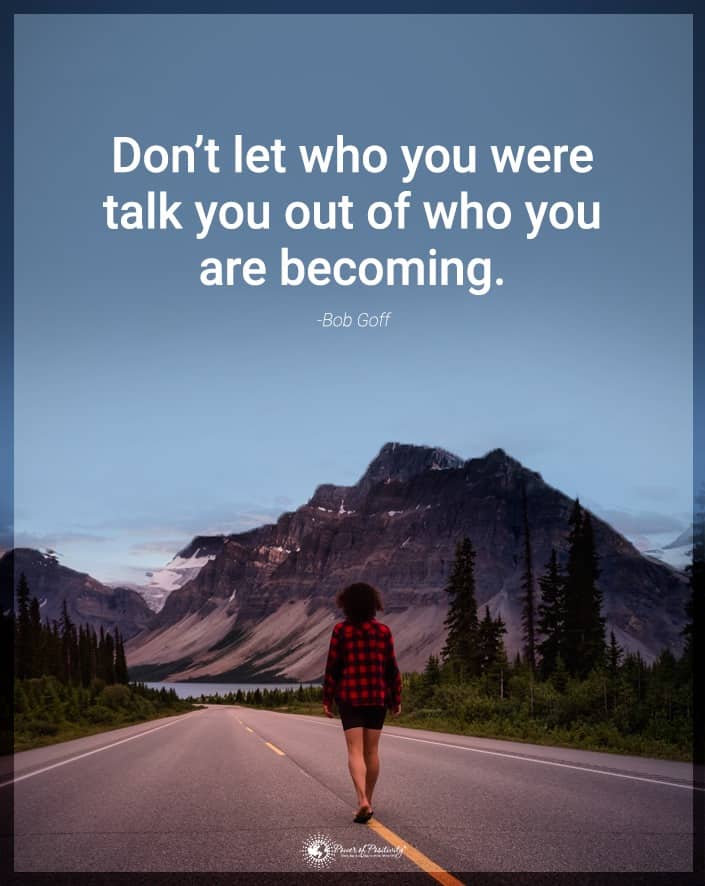 6. You’re Not a Puppet on a String
6. You’re Not a Puppet on a String
If you’re going to have a love relationship in today’s world, you need a backbone. You can’t let someone control you like a puppet on a string. You should have your points of view and be free to speak your mind. Never let anyone influence you to the point of losing your identity.
7. You’re Not Afraid To Be Vulnerable
Being vulnerable means you’re willing to open up and show the most intimate parts of your heart. You’re not afraid to tell someone the times you’ve failed, and you should be open about past regrets. While you don’t have to expose all this on a first date, you should be available to open your heart in a way that you don’t do with just everyone.
8. You’re Willing To Take a Risk for Your Love Relationship
Dating and finding a genuine love relationship is no different than a game of Blackjack at the casino. You may lose a lot, but you may hit the jackpot. However, you will never know how much could be yours if you don’t put yourself out there and take a risk.
9. You’re Not Just Looking for Intimacy
Some folks don’t want a relationship, but they want intimate matters. They do better with one-night stands or friends with benefits situations, more so than a commitment. In fact, the word commitment downright scares some folks.
You need to ensure that what you want is truly a love relationship, not a random intimate encounter. It wouldn’t be fair to someone looking for more if all you want is a night of passion.
10. You Don’t Need Anyone to Save You
If you’re expecting someone to ride in on a white horse and save you from your crazy life, then you’re not ready for a new love. If you’ve more problems than a math book, don’t complicate matters further by bringing someone else into your mess.
You need to clean up your life to the point where you can enjoy finding love and experiencing every emotion that goes along with it. If you face financial woes, legal battles, major medical problems, and other life crises, then it’s probably not the right time. Now, that’s not to say that people don’t find and help one another and save the day.
Just remember that life doesn’t always happen the way it appears in fairy tales. For every prince or princess that you find along the way, you’re going to kiss a few toads. So don’t be on your last leg like Sleeping Beauty and wait for the prince to awaken you with one embrace.
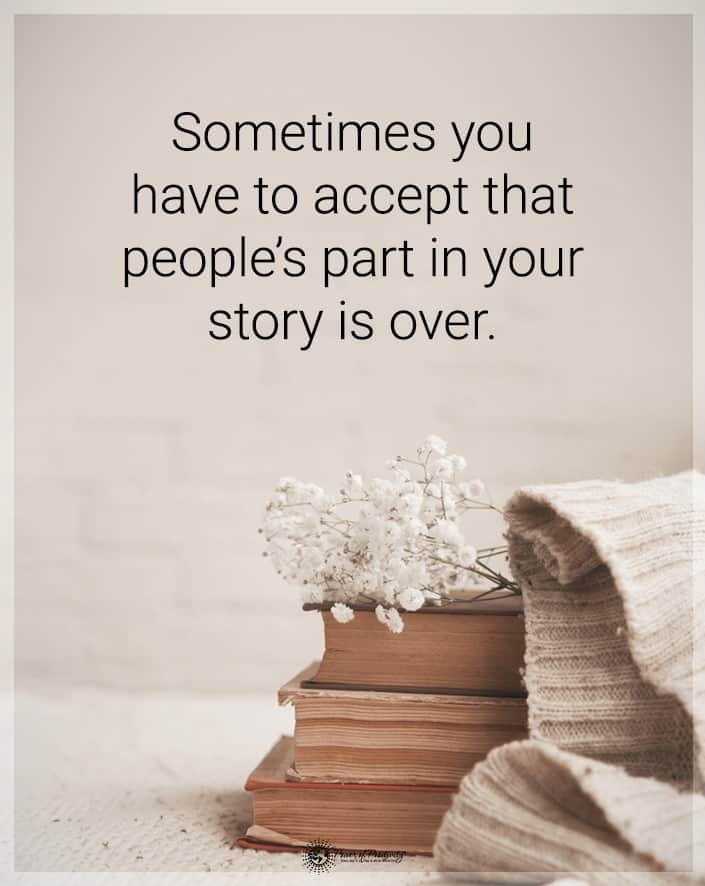 Final Thoughts on Being Ready for a Love Relationship
Final Thoughts on Being Ready for a Love Relationship
Gabrielle Applebury, a marriage counselor, wrote an interesting article on Love to Know. She states that you must be in tune with yourself and know if you’re ready or not to find a love relationship. She further says that if the idea of being tied down to someone gives you anxiety, then it’s probably not the right time.
She also states that those in a pattern of picking wrong partners need to think long and hard before jumping back into the dating pool. Additionally, always trust your gut. Sometimes people spend so much time and effort looking for the right one that they come up empty-handed.
When they stop looking and focus on themselves and their needs, they run right into the one meant for them. If you can check off the ten things listed above and say that you’re truly ready, don’t push things too hard. Let nature take its course, and fate will bring the person that’s meant for you your way.

 · Stop Relying On GPS
· Stop Relying On GPS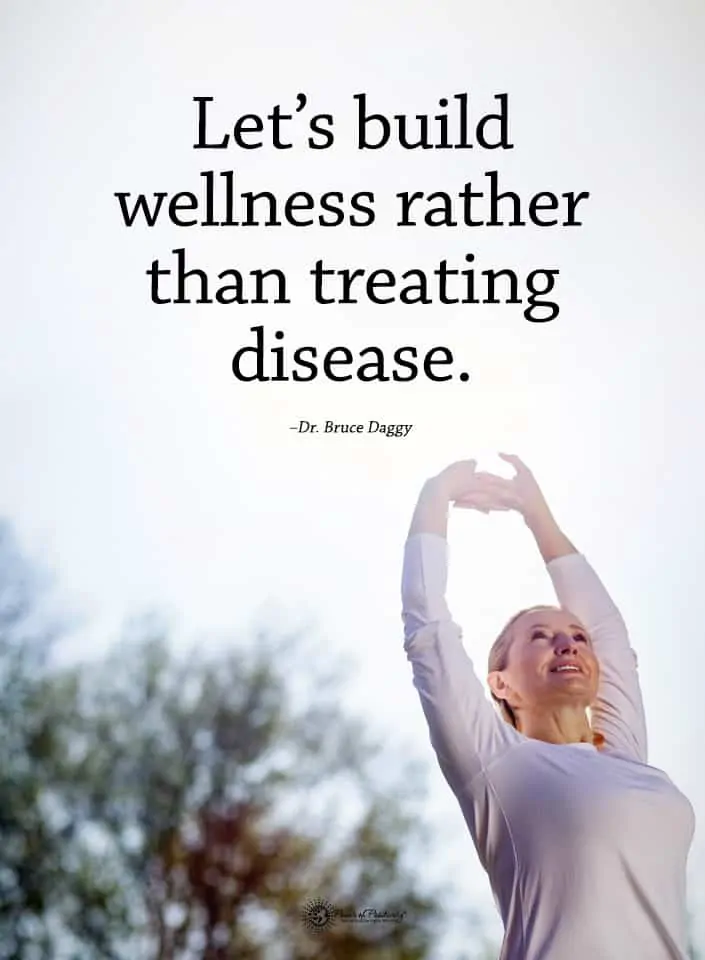 3. Boost Your Cognitive Ability Through Exercise
3. Boost Your Cognitive Ability Through Exercise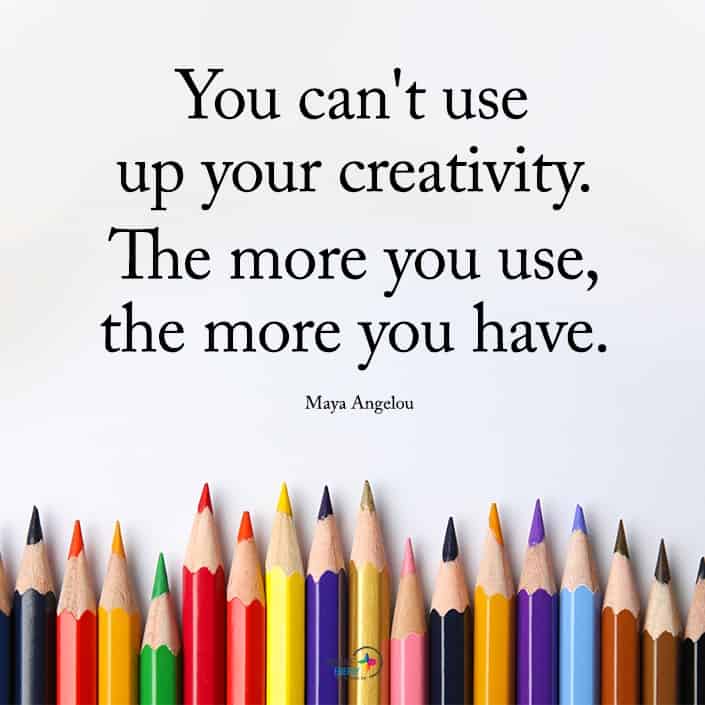 Final Thoughts On Some Positive Ways To Boost Your Cognitive Ability
Final Thoughts On Some Positive Ways To Boost Your Cognitive Ability Seven Good Reasons to Join a Support Group
Seven Good Reasons to Join a Support Group 5. You Battle Addiction
5. You Battle Addiction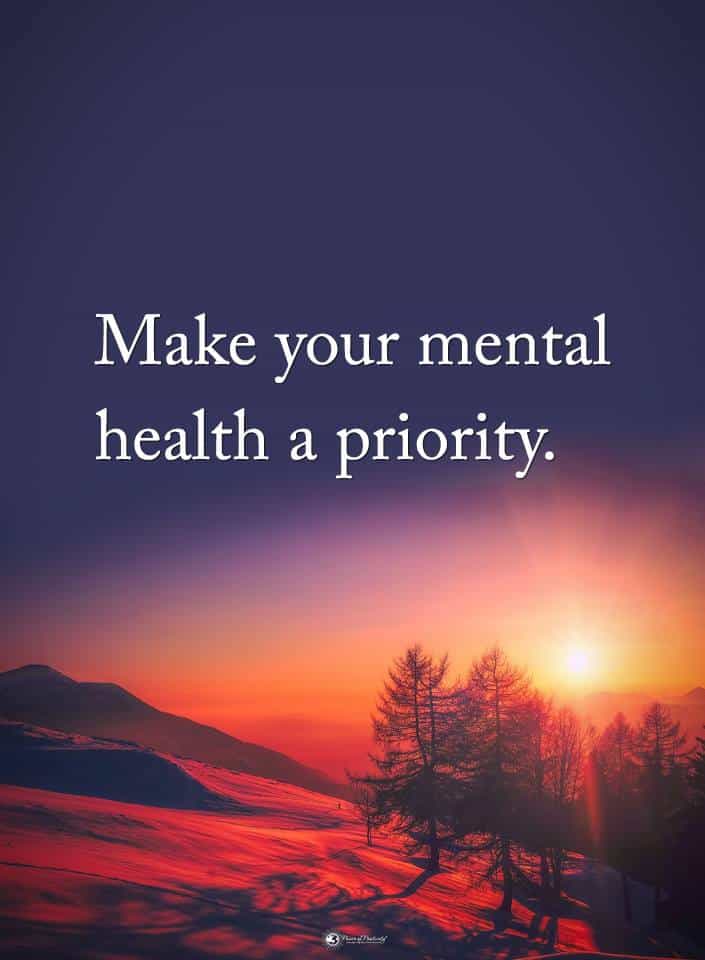 Final Thoughts on Joining a Support Group
Final Thoughts on Joining a Support Group Contrary to popular belief, the act of ghosting is not reserved for romantic relationships only. Nor does it tend to happen more often in romantic cases. You will find ghosting behaviors in all kinds of relationships. Think acquaintances of everyone from work relationships to best friends, partners, and even family.
Contrary to popular belief, the act of ghosting is not reserved for romantic relationships only. Nor does it tend to happen more often in romantic cases. You will find ghosting behaviors in all kinds of relationships. Think acquaintances of everyone from work relationships to best friends, partners, and even family. 4. They Ghosted You Because Are Too Busy
4. They Ghosted You Because Are Too Busy Final Thoughts On Why Your Friend Might Have Ghosted You
Final Thoughts On Why Your Friend Might Have Ghosted You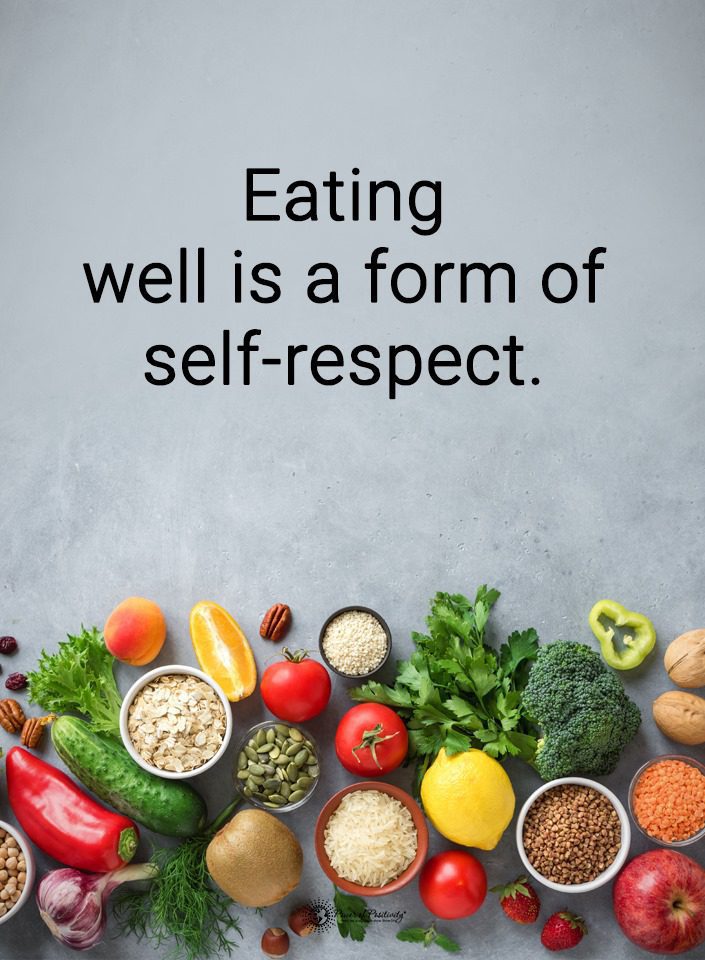 Humans and other vertebrate animals also produce collagen. Oddly, plants don’t have natural supplies of this protein. The collagen supplements available are usually derived from farm animals or fish, and they’re processed into a digestible powder. You may see these supplements called gelatin,
Humans and other vertebrate animals also produce collagen. Oddly, plants don’t have natural supplies of this protein. The collagen supplements available are usually derived from farm animals or fish, and they’re processed into a digestible powder. You may see these supplements called gelatin,  4. Promoting Better Sleep
4. Promoting Better Sleep Final Thoughts About Collagen Supplements
Final Thoughts About Collagen Supplements
 3. Plan and Prepare In Advance
3. Plan and Prepare In Advance


